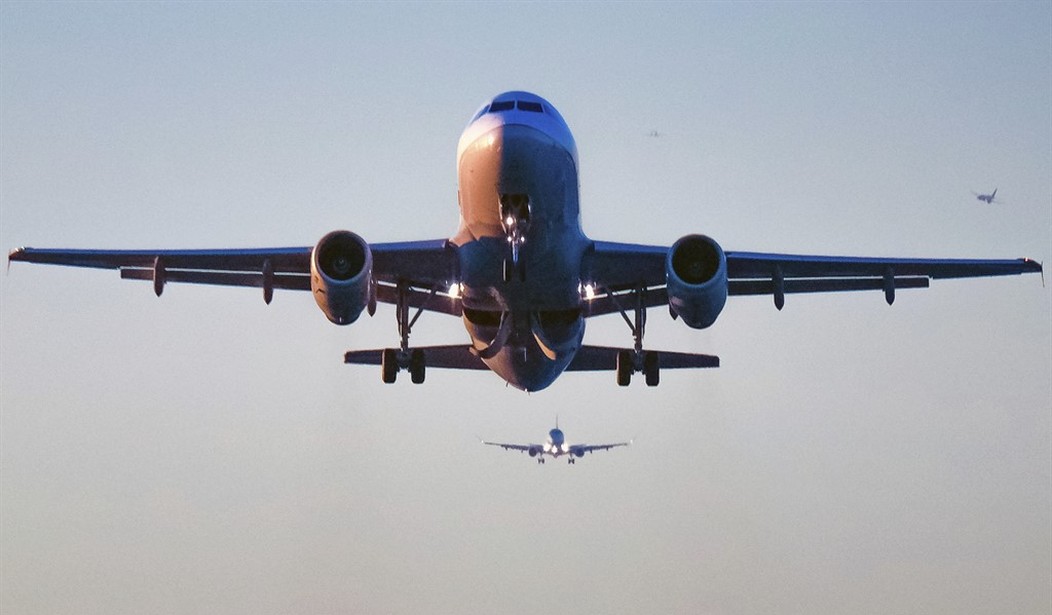As our nation's capital and a hub of political activity, Washington D.C. undoubtedly plays a crucial role in shaping the future of our country. It is no wonder that the idea of expanding Reagan National Airport (DCA) to accommodate more long-distance round trips has generated significant debate.
If you’ve flown out of DCA at any time since the end of the pandemic, you’ve experienced the impacts that an already-overburdened airport creates. From chaotic check-ins to nightmarish security lines to interminable wait times for luggage after you get off your plane. And God forbid that you drive yourself to DCA and want to park there. If you’re unaware of the opportunities to reserve a parking space (or you’ve just plain forgotten that this option is available to you), forget parking anywhere within a reasonable walking distance of a terminal—you’re left to park almost all the way back in Old Town Alexandria!
But personal inconveniences aside, before rushing into such an expansion, it is vital to consider the broader implications on safety, congestion, and the regional airports and communities surrounding the nation's capital.
The recent proposal to increase the number of flights at DCA is not only shortsighted but also neglects the well-established warnings from aviation authorities. The Federal Aviation Administration (FAA) and the Metro Washington Airports Authority (MWAA) have repeatedly stressed that Reagan National Airport is already operating at capacity in terms of flights and airspace. Expanding the airport beyond its limits poses serious safety risks and threatens to exacerbate the already rampant congestion and delays that plague it.
Recommended
Supporters of the expansion argue that it will allow more Americans to visit their nation's capital and witness the government in action. While this is a noble sentiment, the Wall Street Journal, among others, says its hogwash. The Journal characterizes the effort as, “Members promot[ing] their own interests and those of politically favored groups while ignoring the national interest.” It is essential to recognize that prioritizing the convenience of a few politicians and well-connected individuals over the well-being of the flying public is not a sustainable approach. Perhaps, instead of advocating for expansion, we should focus on addressing the root cause of delays and congestion to improve the overall travel experience for all passengers.
One alarming aspect of this proposal is that it appears to be driven primarily by the interests of a single airline seeking to increase its market share. Such a self-serving agenda should not dictate the future of a vital national airport that serves as a gateway to the nation's capital and the surrounding communities. The decision-making process should be transparent and consider the long-term interests of the public, not just the narrow interests of one airline.
Moreover, Reagan National Airport has a long history of slot and perimeter rules that were implemented in the 1960s to manage the airport's limited capacity and mitigate noise concerns for nearby residential areas. Changing these rules without thorough assessment and the consultation of local communities and airport authorities would be reckless and disruptive. It could lead to negative economic impacts on regional airports within the perimeter and hinder access for smaller communities to the D.C. area.
Keep in mind, this was the entire purpose of building Dulles International Airport (IAD)—to shift both the consequences of a busy airport westward toward a (then) rural part of Virginia, an airport that had the space to handle an ever-increasing number of flights (and the passengers that would go with it). Diverting flights from IAD to DCA undermines the objective of distributing air traffic more evenly throughout the region (while also having an impact on jobs and revenue).
Instead of expanding DCA, we should encourage a more comprehensive approach to address the challenges facing the airport and its passengers. This could include improving infrastructure, optimizing existing operations, and investing in more sustainable aviation practices. By promoting a modernization plan that prioritizes safety, efficiency, and the needs of all passengers, we can enhance the travel experience while reducing delays, congestion, and noise pollution.
Expanding Reagan National Airport without careful consideration of its potential adverse effects is not the solution to address the challenges faced by our nation's capital airport. We must prioritize the long-term interests of the flying public, the surrounding communities, and the sustainability of air travel in our efforts to improve aviation infrastructure. Let’s engage in a thoughtful and inclusive discussion that involves all stakeholders to craft a future for DCA that embodies safety, accessibility, and environmental responsibility. Only through a holistic approach like this can we ensure that our nation's capital remains seamlessly connected while preserving the well-being of the communities it serves.
























Join the conversation as a VIP Member